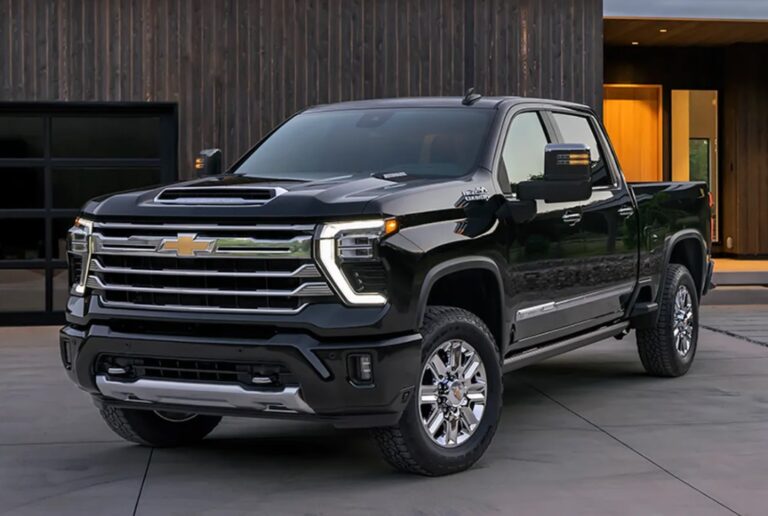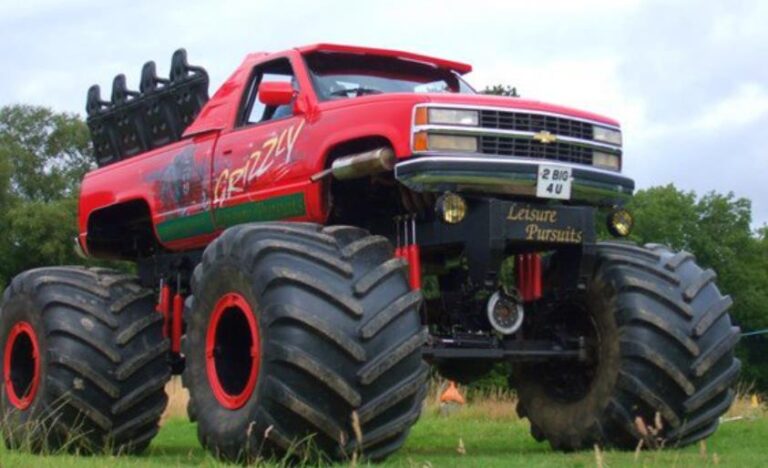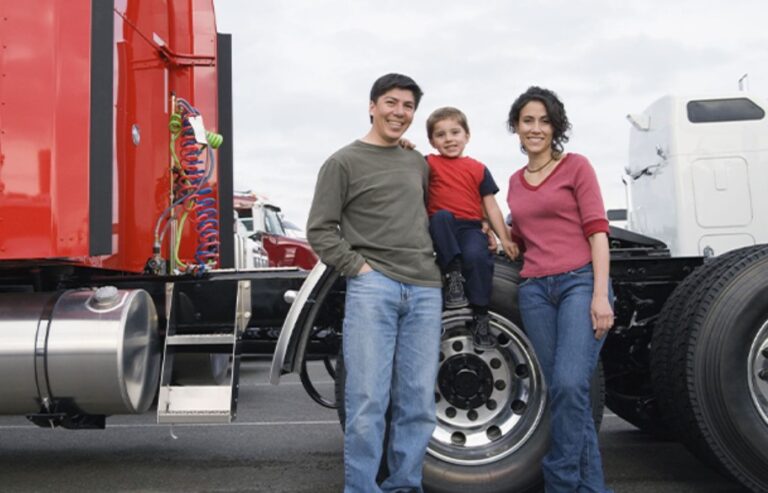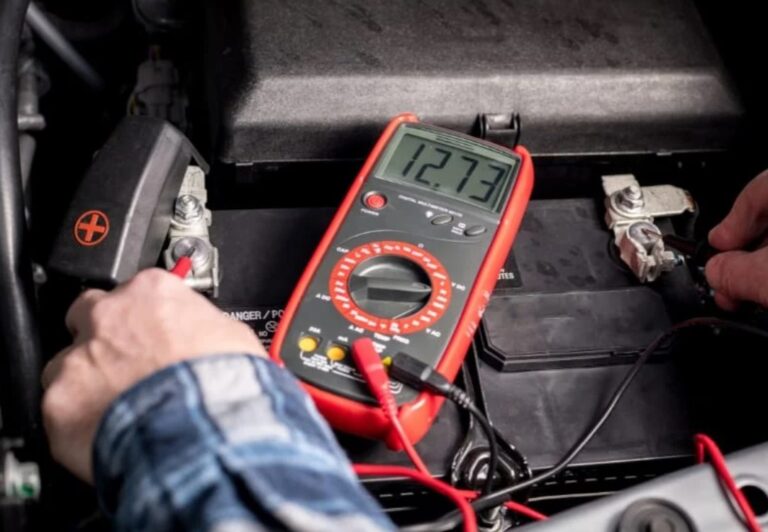What Is A Rollback Truck? A Complete Breakdown
Are you looking for What Is A Rollback Truck? If you’ve ever been curious about this specialized vehicle, you’re in the right place. This article aims to provide an in-depth look into rollback trucks, their features, uses, and much more.
What Is A Rollback Truck?
A rollback truck is a specialized towing vehicle equipped with a flatbed that can tilt and slide back to ground level, allowing for easy loading and unloading of various types of cargo.
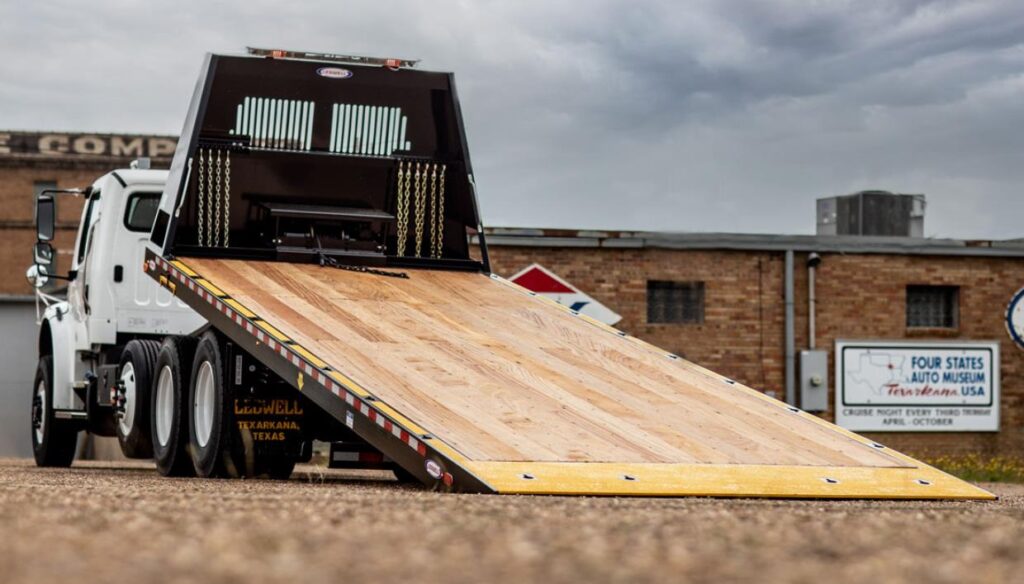
Features of a Rollback Truck
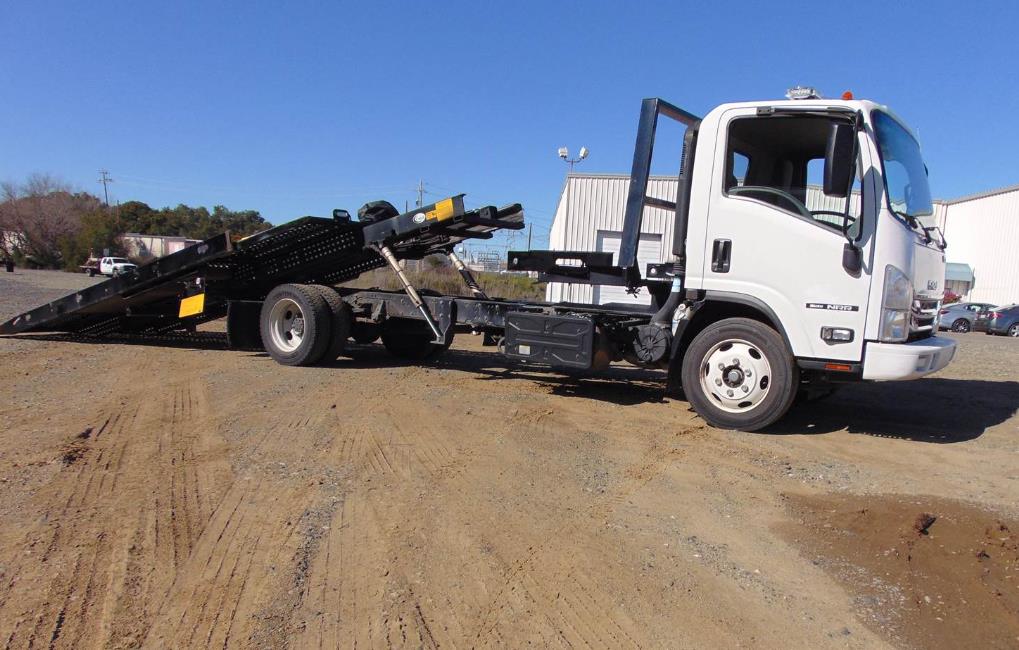
Hydraulic Systems
One of the key features is the hydraulic system that controls the movement of the flatbed.
Durability
Made from high-quality materials, these trucks are built to last.
Uses of Rollback Trucks
Vehicle Towing
Perfect for towing cars, motorcycles, and other vehicles.
Heavy Machinery
Can be used to transport heavy machinery to and from construction sites.
Types of Rollback Trucks
Rollback trucks come in various types, each designed to meet specific needs in terms of size, capacity, and functionality. Here are some of the most common types:

Light-Duty Rollback Trucks
Light-duty rollback trucks are designed for smaller loads and are often used for towing passenger vehicles, motorcycles, and small equipment. These trucks typically have a Gross Vehicle Weight Rating (GVWR) of up to 16,000 pounds. They are ideal for urban settings and short-distance towing.
Medium-Duty Rollback Trucks
Medium-duty rollback trucks are more robust than their light-duty counterparts and are designed for a wider range of applications. They can handle a GVWR of between 16,001 and 26,000 pounds. These trucks are often used for towing larger vehicles like vans, SUVs, and light trucks, as well as medium-sized equipment.
Heavy-Duty Rollback Trucks
Heavy-duty rollback trucks are built for the most demanding tasks. They have a GVWR of over 26,000 pounds and are equipped with more powerful engines and reinforced flatbeds.
These trucks are used for towing heavy machinery, buses, and even other trucks. They are often employed in construction sites, industrial settings, and long-distance towing operations.
Multi-Car Rollback Trucks
These are specialized rollback trucks designed to carry multiple vehicles at once. They come with multiple decks and are often used by car dealerships for transporting new vehicles from manufacturers to dealerships. These trucks can also be used in vehicle recovery operations where multiple cars need to be towed.
Custom Rollback Trucks
Some rollback trucks are custom-built to meet specific requirements. These could include specialized attachments for carrying particular types of cargo, advanced hydraulic systems for more complex loading and unloading operations, or additional safety features.
Buying Guide for Rollback Trucks
Budget
Consider your budget and the features you need.
Brand
Choose a reputable brand for reliability and quality.
Maintenance Tips

Regular Inspections
Conducting regular inspections is the cornerstone of any good maintenance routine. Check the hydraulic system, brakes, tires, and electrical components to ensure they are in good working condition. Look for any signs of wear and tear that could lead to bigger issues down the line.
Fluid Checks
Hydraulic fluid, engine oil, and other essential fluids should be checked and replaced as per the manufacturer’s guidelines. Low or contaminated fluid can lead to mechanical failures and decreased performance.
Tire Maintenance
Tires are one of the most critical components of a rollback truck. Regularly check the tire pressure and look for any signs of wear or damage. Rotate the tires and replace them as needed to ensure safe and efficient operation.
Brake System
The brake system should be inspected regularly for any signs of wear or damage. Brake pads should be replaced, and the brake fluid should be checked and refilled as necessary. A well-maintained brake system is crucial for the safety of the operator and the cargo.
Electrical System
Check all the electrical components, including lights, indicators, and the battery. Ensure that all electrical connections are secure and that the battery is in good condition. Replace any burnt-out bulbs or fuses as needed.
Cleaning and Lubrication
Keeping the truck clean is not just an aesthetic requirement but also a functional one. Dirt and grime can affect visibility and could even seep into mechanical parts, causing damage. Regularly clean the truck and lubricate moving parts to keep everything running smoothly.
Record-Keeping
Maintain a detailed log of all maintenance activities, including dates, parts replaced, and any repairs done. This record will not only help in scheduling future maintenance but also prove valuable in case of warranty claims or resale.
Operational Guidelines
Pre-Operation Checklist
Before operating a rollback truck, it’s essential to perform a pre-operation checklist to ensure all systems are functional.
Loading and Unloading
Understanding the mechanics of loading and unloading safely can save both time and resources.
Safety Measures

Personal Protective Equipment (PPE)
Wearing the right PPE is crucial when operating heavy machinery like a rollback truck.
Emergency Protocols
Knowing what to do in case of an emergency can be a lifesaver.
Legal Requirements
Permits and Licenses
Operating a rollback truck often requires special permits and licenses, depending on jurisdiction.
Compliance
Ensure you are in compliance with local, state, and federal laws.
Fuel Efficiency
Engine Maintenance
Regular engine checks can help improve fuel efficiency.
Eco-Friendly Options
Some modern rollback trucks come with eco-friendly features.
Technology in Rollback Trucks
GPS and Tracking
Modern rollback trucks often come equipped with GPS and tracking systems for better route optimization.
Automation
Some features can be automated for ease of operation.
Market Trends
Demand and Supply
The rollback truck market is expected to grow, driven by increased demand in various sectors.
Future Prospects
Electric and autonomous rollback trucks are on the horizon.
Rollback Tow Truck: What Are They & How Do They Work?
A rollback tow truck is a specialized type of towing vehicle that features a flatbed. Unlike traditional tow trucks that use hooks and chains to lift vehicles, a rollback tow truck has a hydraulic system that allows the flatbed to tilt and slide back to ground level.

This feature makes it easier to load and unload vehicles or other heavy items. Once the cargo is loaded onto the flatbed, it can be securely fastened and then hydraulically moved back to its original position for transport.
This design makes rollback tow trucks versatile and ideal for transporting a wide range of vehicles, including those that are damaged or inoperable.
Is A Rollback The Same As A Flatbed?
While the terms “rollback” and “flatbed” are often used interchangeably, they are not exactly the same. A flatbed truck is a type of truck that has a flat, level bed with no sides or roof, and it can be used for a variety of purposes, including transporting goods and heavy machinery.

A rollback, on the other hand, is a specific type of flatbed designed for towing and recovery operations. The key difference lies in the hydraulic system of a rollback that allows the flatbed to tilt and slide back for easier loading and unloading. In contrast, a standard flatbed truck does not have this tilting and sliding capability.
What Does Rollback Mean In Towing?
In the context of towing, “rollback” refers to the action of tilting and sliding back the flatbed of a rollback tow truck to ground level for loading. This is done using a hydraulic system controlled by the operator.
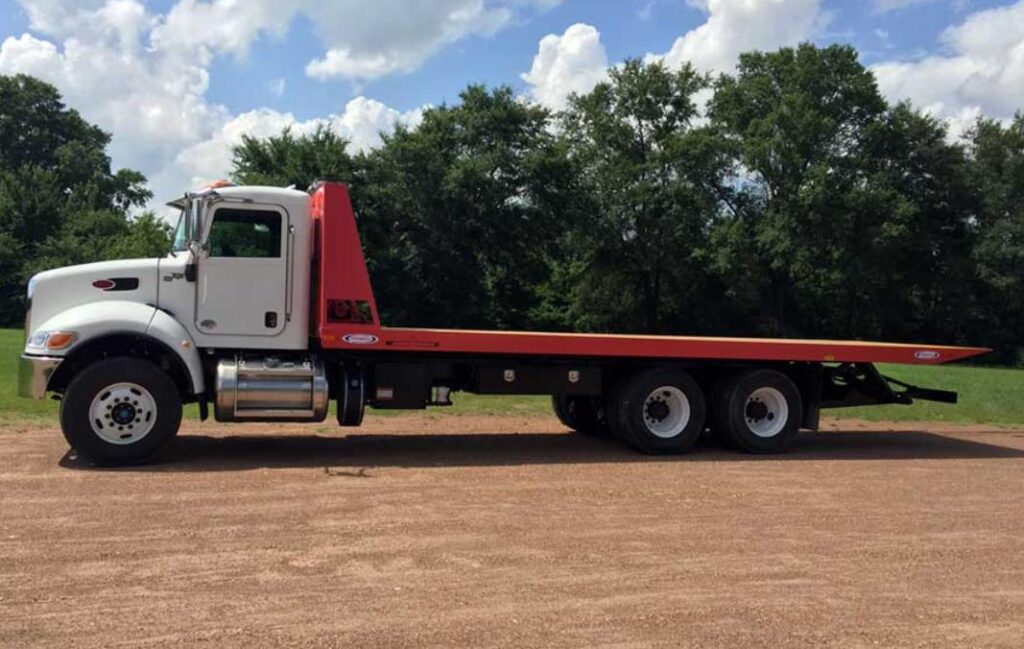
The rollback feature allows for a more efficient and safer way to load vehicles or other heavy items onto the truck. Once the item is loaded and secured, the flatbed is then “rolled back” to its original, flat position for transport.
This rollback feature is particularly useful for towing vehicles that cannot be easily lifted by hooks, such as those that are heavily damaged or have low ground clearance.
Conclusion
In summary, a rollback truck is a versatile and essential vehicle in various industries. From towing vehicles to transporting heavy machinery, its uses are numerous. When considering a purchase, focus on features, types, and maintenance to make an informed decision.
Top FAQ’s
What is the Load Capacity of a Rollback Truck?
The load capacity of a rollback truck can vary depending on the model and make. Generally, they can carry loads ranging from 5,000 to 30,000 pounds.
How Does a Rollback Truck Differ from a Traditional Tow Truck?
Unlike traditional tow trucks that use hooks and chains, rollback trucks have a flatbed that can be tilted and slid back for easier and safer loading and unloading.
Is Special Training Required to Operate a Rollback Truck?
Yes, special training and certification are often required to operate a rollback truck safely and efficiently.
What are the Maintenance Costs Associated with Owning a Rollback Truck?
Maintenance costs can vary but expect regular expenses for hydraulic system upkeep, engine maintenance, and tire replacements.

Welcome to the exhilarating world of Matt Rex, a professional car racer turned renowned vehicle enthusiast. Immerse yourself in his captivating blog as he shares heart-pounding adventures, expert reviews, and valuable insights on cars, trucks, jets, and more. Fuel your passion for speed and discover the beauty of vehicles through Matt’s engaging stories and meticulous expertise. Join the ever-growing community of enthusiasts who find inspiration and expert advice in Matt Rex’s blog—a digital hub where the thrill of speed meets the pursuit of knowledge.



